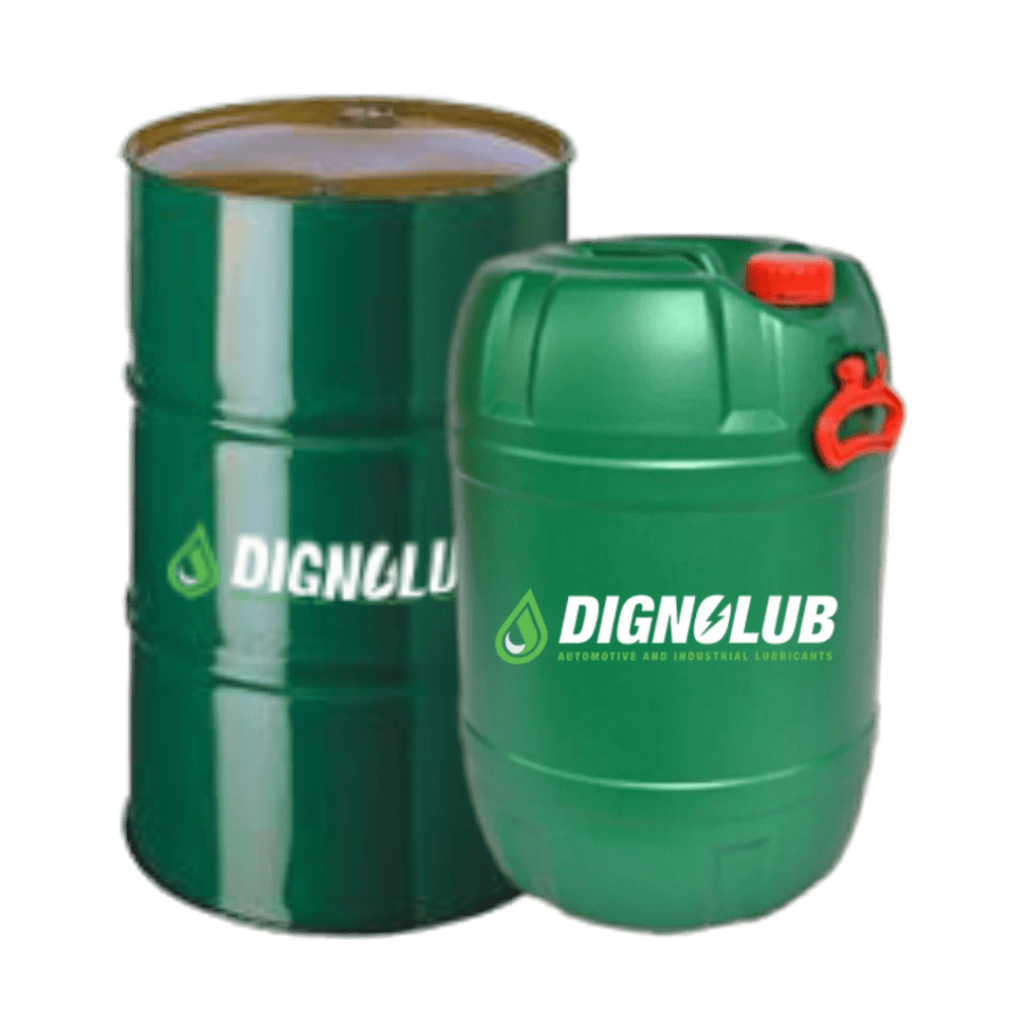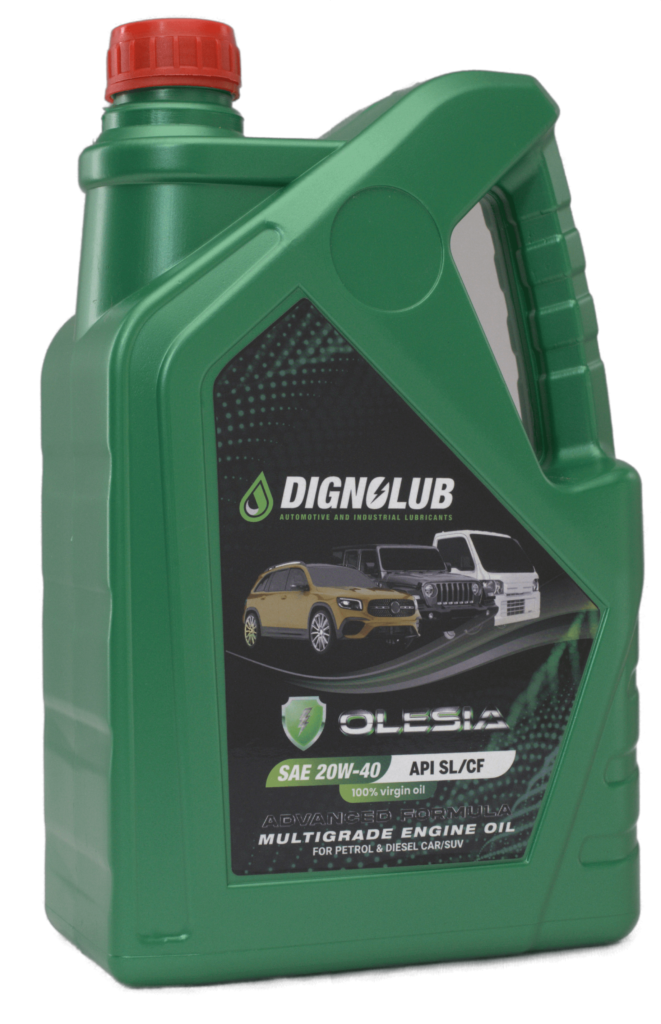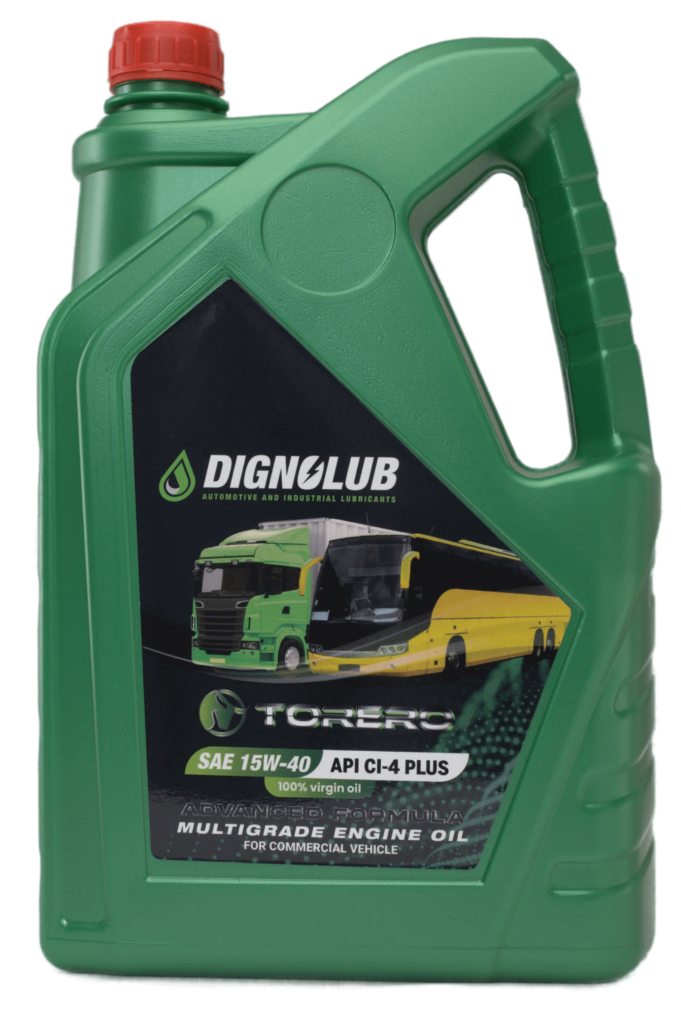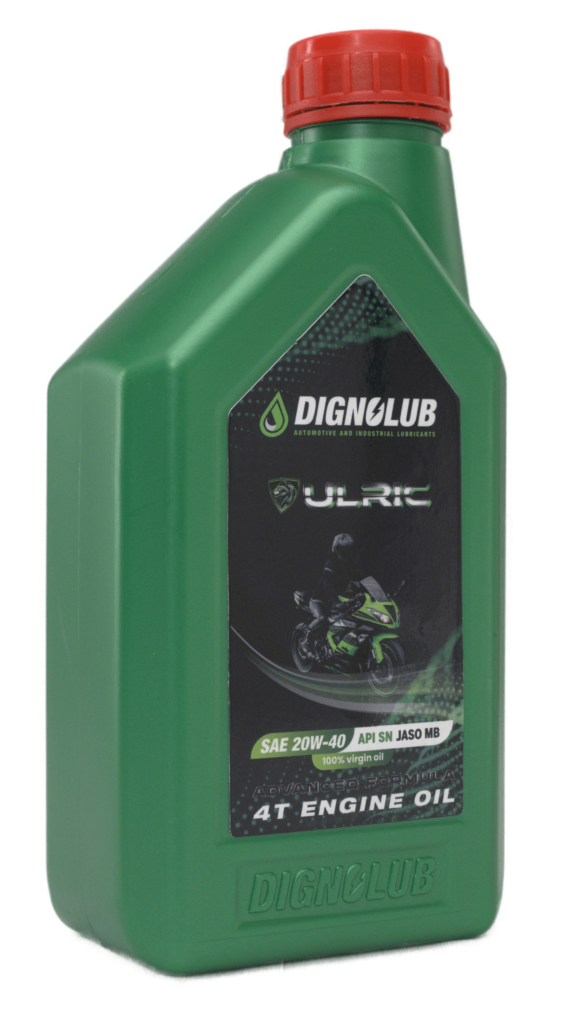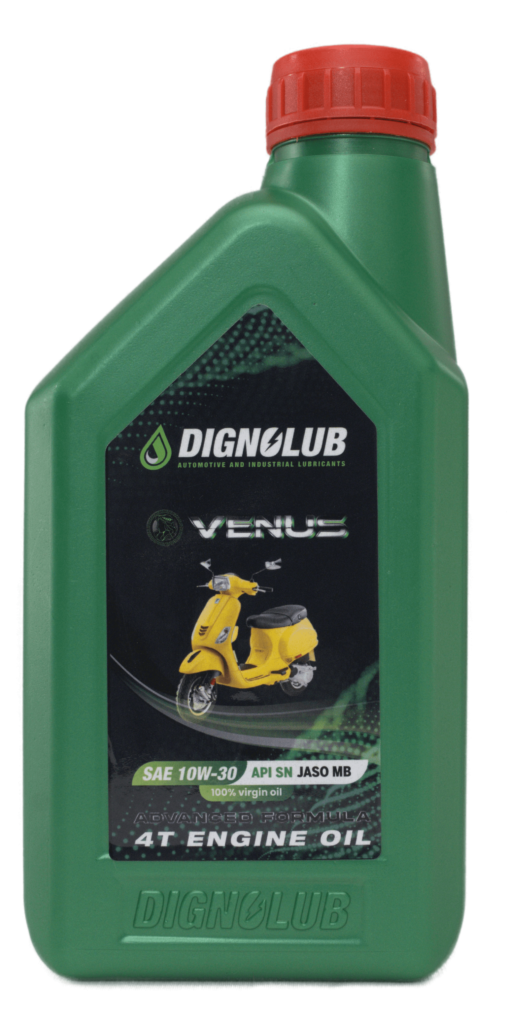Hydraulic oil is a non-compressible fluid that is used to transfer power within hydraulic machinery and equipment. The oil acts as the medium through which the force is transmitted. Hydraulic oil can be synthetic or mineral-based.
The primary role of hydraulic oil is to transfer power from one end of a system to another. An external force, such as a piston within a cylinder, is applied to the hydraulic oil which pushes the oil through the hydraulic system.
Examples of equipment that use hydraulic oils are excavators, hydraulic brakes, power steering systems, automatic transmissions, garbage trucks, aircraft flight control systems, lifts, and industrial machinery.
Functions of Hydraulic Oil :
The primary function of a hydraulic fluid is to convey power. In use, however, there are other important functions of hydraulic fluid such as protection of the hydraulic machine components. The major functions of hydraulic fluid and the properties of the fluid that help the oil to perform those functions are as below:
Power transmission and control medium :
⦁ Non-compressible
⦁ Fast air release
⦁ Low foaming tendency
⦁ Low volatility
Medium for heat transfer :
⦁ Good thermal capacity and conductivity
Sealing medium :
⦁ Adequate viscosity and viscosity index
⦁ Shear stability
Lubricant :
⦁ Viscosity for film maintenance
⦁ Low-temperature fluidity
⦁ Thermal and oxidative stability
⦁ Hydrolytic stability/water tolerance
⦁ Cleanliness and filterability
⦁ Demulsibility
⦁ Anti-wear characteristics
⦁ Corrosion Control
Environmental impact :
⦁ Low toxicity when new or decomposed
⦁ Biodegradability
Hydraulic Oil ISO Viscosity Grade :
One of the most important criteria in the selection of a hydraulic fluid is viscosity. The table below indicates ISO viscosity grades and corresponding lower and upper limits of viscosity under each of these grades. When selecting a viscosity grade for a specific application, other factors such as machine builder specifications, additive requirements, and compatibility must also be considered.
Table of ISO Viscosity Grades

High Viscosity Index Hydraulic Oils (HVI Oil) :
High viscosity index hydraulic oils (also referred to as HVI oils) are specially formulated to maintain ideal viscosity over an extreme range of temperatures. HVI oils have a Viscosity Index number that signifies a product’s ability to maintain its viscosity over a temperature range. The wider the temperature range, the higher the viscosity index number.
The viscosity index of hydraulic oil is improved by the addition of viscosity index (VI) improvers. These VI additives expand their form as temperatures increase, which prevents viscosity thinning. When temperatures decrease, the additives contract so the oil can continue to flow.


